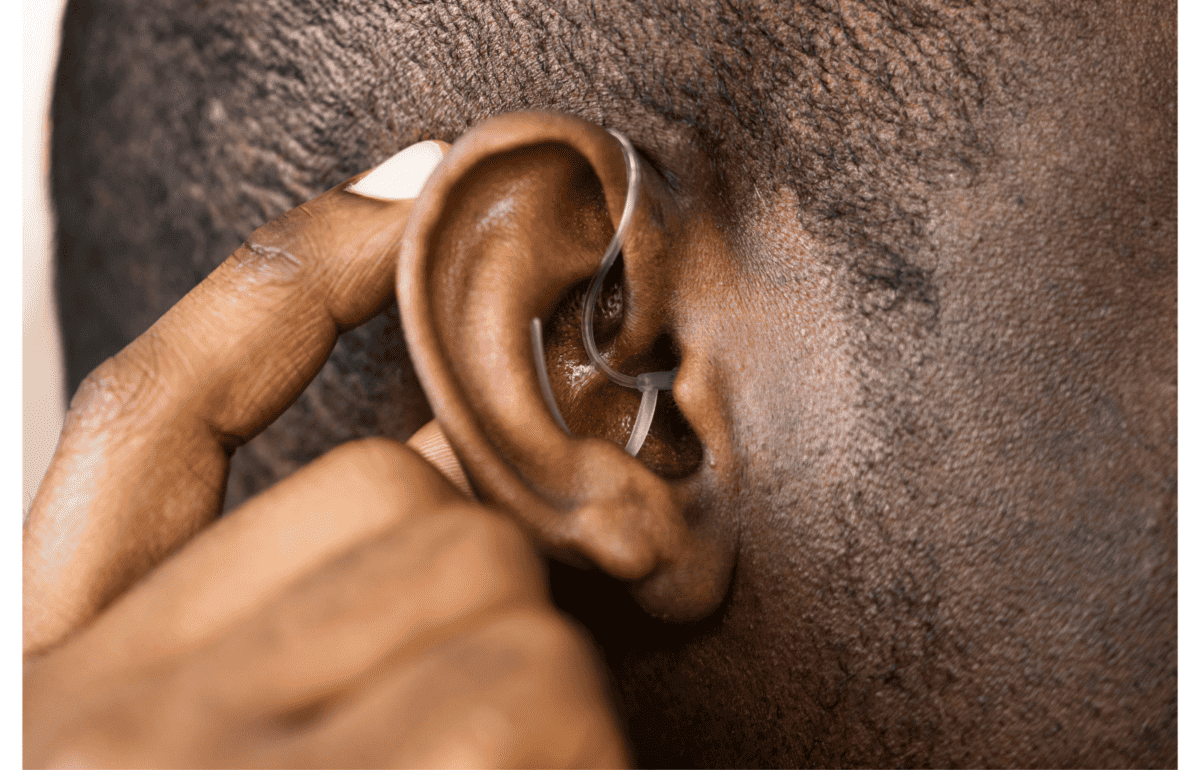Hearing aids are invaluable devices that have transformed the lives of millions of individuals with hearing loss. These small, powerful devices can significantly improve one’s quality of life by enhancing communication and overall well-being. However, to ensure that hearing aids continue to perform optimally, proper maintenance is essential. In this comprehensive guide, we will explore the key steps to maintaining your hearing aids, allowing you to enjoy the best possible performance and longevity from these remarkable devices.
Keep Them Clean
Maintaining clean hearing aids is paramount to their performance. Earwax and debris can accumulate on hearing aid components, such as microphones and speakers, causing sound quality issues. Here’s how to clean them effectively:
- Use a soft, dry cloth or a hearing aid cleaning brush to remove surface debris gently.
- Avoid using water, alcohol, or cleaning solutions directly on the hearing aids, as they can damage the sensitive electronic components.
- If earwax buildup is a persistent issue, consult your audiologist for professional cleaning.
Protect Them from Moisture
Hearing aids are sensitive to moisture and can be damaged if exposed to excessive humidity or wet conditions. Follow these tips to safeguard your hearing aids:
- Remove your hearing aids before showering, swimming, or engaging in water-related activities.
- Invest in a hearing aid dehumidifier or drying kit to remove moisture overnight.
- Store your hearing aids in a protective case when not in use.
Change Batteries Regularly
Most hearing aids rely on disposable batteries for power. To ensure consistent performance, it’s crucial to change these batteries regularly:
- Familiarize yourself with the battery type and replacement schedule recommended by your audiologist or the hearing aid manufacturer.
- Always carry spare batteries with you, especially when you’re away from home.
- When replacing batteries, make sure your hands are clean and dry to prevent contamination.
Handle with Care
Hearing aids are delicate devices that can be easily damaged if mishandled. Follow these guidelines for safe handling:
- Avoid dropping your hearing aids or exposing them to extreme temperatures.
- Use a soft surface, like a towel or cushion, when changing batteries or performing maintenance to prevent damage in case of accidental drops.
- Keep your hearing aids out of reach of children and pets to prevent accidental damage or ingestion.
Regular Professional Check-Ups
Regular visits to your audiologist are essential for maintaining your hearing aids’ optimal performance. Your audiologist can:
- Perform routine checks and adjustments to ensure your hearing aids are working correctly.
- Address any issues or concerns you may have about your hearing aids.
- Clean and inspect your hearing aids thoroughly, addressing any hidden issues that may affect their performance.
Update Software
Many modern hearing aids come with software that can be updated to improve functionality and address any bugs or issues. Check with your hearing aid manufacturer or audiologist to see if software updates are available for your devices.
Protect Against Earwax
Earwax buildup is a common issue that can affect hearing aid performance. Here’s how to prevent it:
- Clean your ears regularly with a soft cloth or tissue to remove excess earwax.
- Avoid inserting cotton swabs or other objects into your ear canal, as they can push earwax deeper and potentially damage your hearing aids.
- Consult your audiologist if you have chronic earwax problems for guidance on safe earwax management.
Final Thoughts
Maintaining your hearing aids is crucial to enjoying the best possible performance and longevity from these valuable devices. By following the steps outlined in this guide, you can keep your hearing aids clean, dry, and in excellent working condition. Remember that regular professional check-ups and consultations with your audiologist are essential to address any issues and ensure your hearing aids continue to enhance your quality of life. With proper care, your hearing aids will continue to provide you with the gift of sound for years to come.
We hope you enjoyed this article. If you have any questions or would like to schedule an appointment, please contact us. Our friendly team of hearing health professionals are standing by to assist you.

